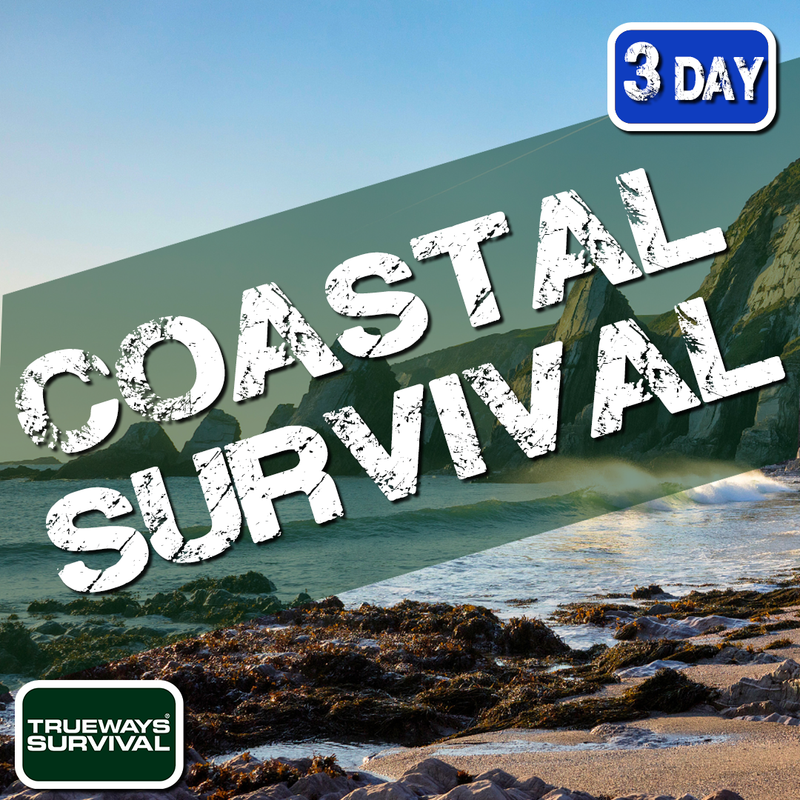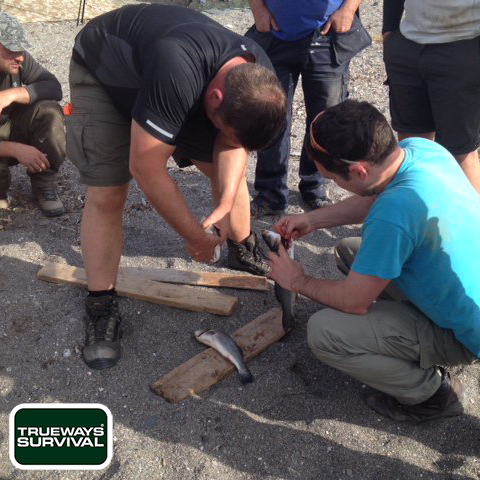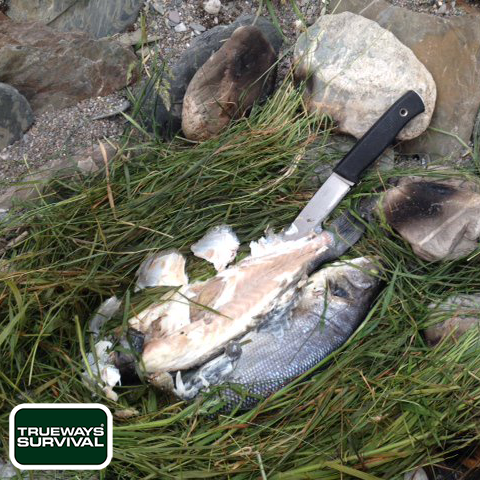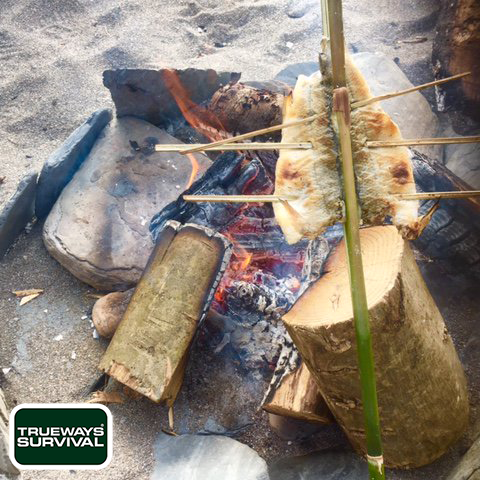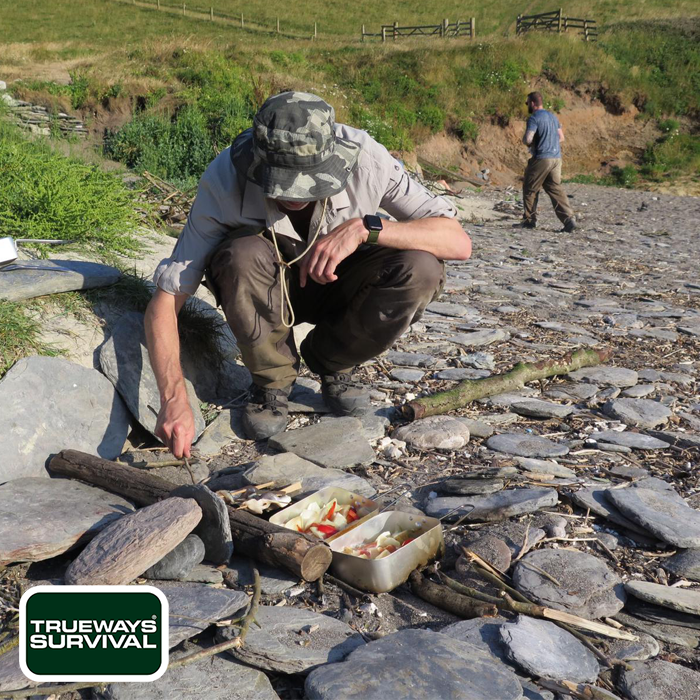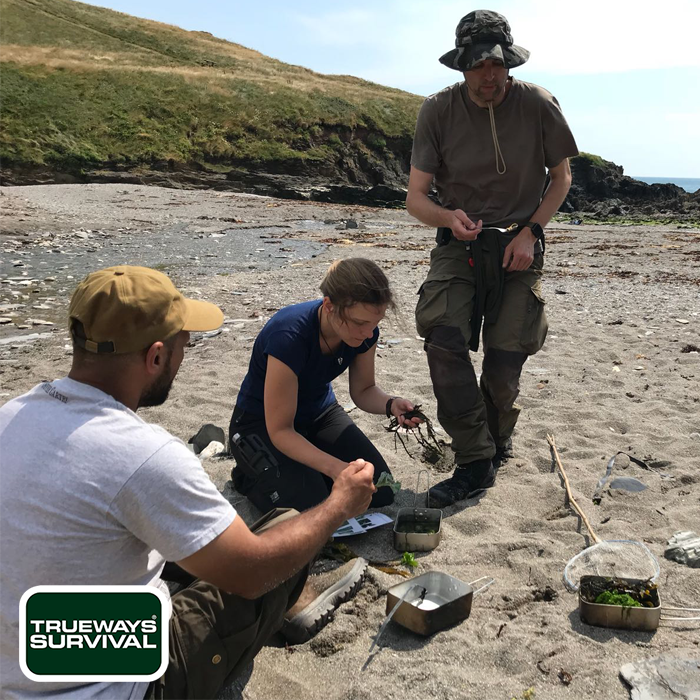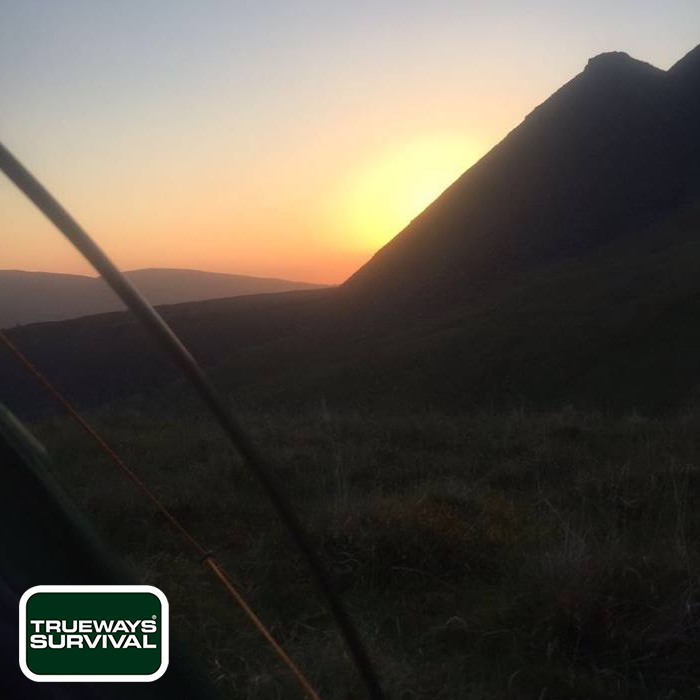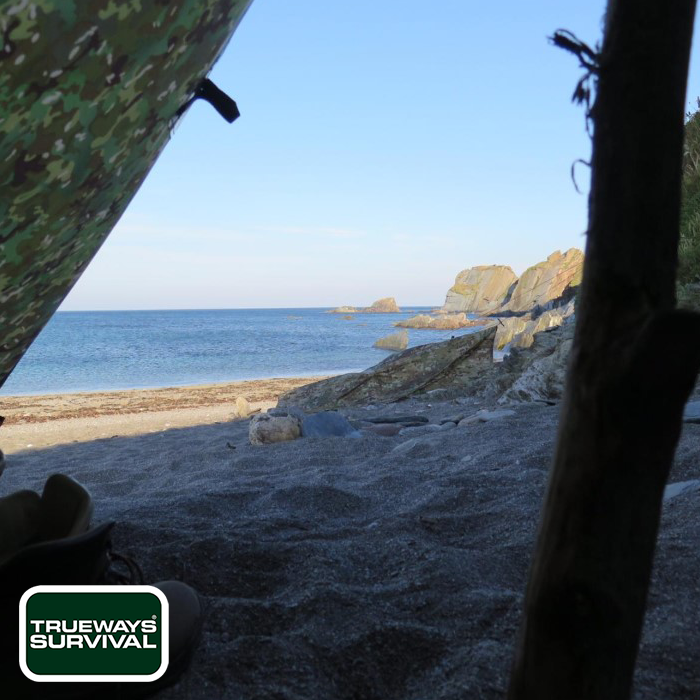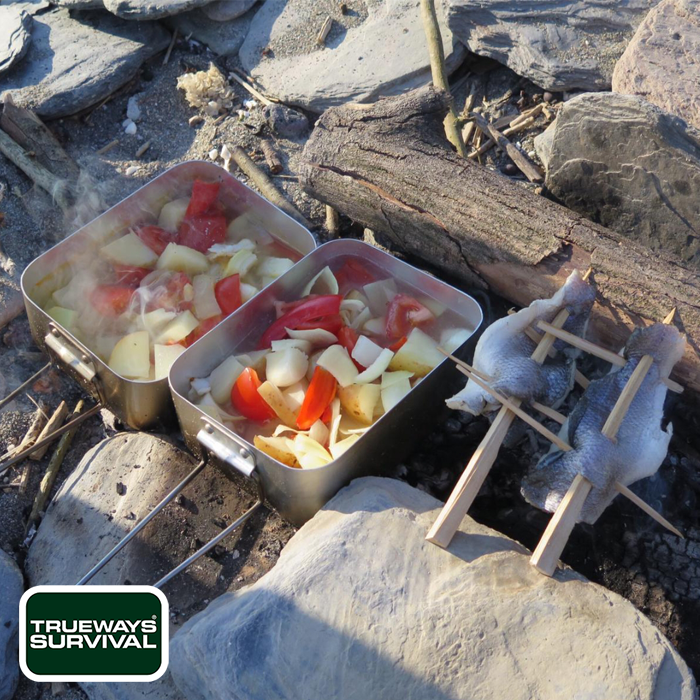Tax included.
Description
Experience the challenges and rewards of coastal survival on a 3 Day Trueways Coastal Survival Course (open to 16+). Learn how to live on and from the seashore, using many of the same techniques applied on our woodland courses, but with the different dimension of coastal resources such as fish, shellfish, seaweeds and coastal plant life. Discover where your survival priorities lie, understanding the dangers of time and tide with safe site selection, shelter from the elements, signalling for rescue and making water safe to drink.
This course runs 3 times a year in April, June and September on a private coastline owned by the National Trust near the town of Ringmore in Devon. participants should be 17 or over.
Course Syllabus
This course will cover the following subjects:
Protection from the elements:
Environmental Medical (Physiological and Psychological effect of being too hot or too cold).
Understand and take care of your clothing.
Taking advantage of and imporving pre-existing natural shelter (Caves, Hollow, Overhangs, Fallen Trees etc).
Shelter building using a Tarp, insulation and weather protection using natural materials and/or salvaged resources anywhere in the world.
Fire:
Fire Lighting and maintenance with flint and steel.
Use of fire for heating and cooking.
Signalling for rescue including standard internation signals and improvised techniques.
Water:
Sourcing water and making it safe to use.
Water requirements.
Water sources.
Problems in wild water and medical aspects (dangers of Seawater, Dehydration, Heat Exhaustion, Toxicity, Pathology).
Water treatment and storage including sea water desalination.
Food:
Acuiring food from the wild.
Understanding our survival nutritional needs.
Medical problems from malnutrition and/or food imbalances.
Toxins and pathogens in wild food and avoiding them.
Flora (Food from plants,roots,tubers,seeds and fruit).
Fish preperation including gutting, filiting and cleaning.
Survival Camp Craft and Routines:
Gear and equipment.
Survival Kits.
Safe use and best practise for knives, axes, saws, fire kits etc.
Making and using your own resources (traps,nets,fishing spear).
Fishing with a long line.
Cooking using a pit oven and hot rocks.
Cooking fish using a split stick.
Navigation:
Understaning your locality.
Telling the time and direction from natural indicators.
Safe techniques for crossing unknown countryside.
Best routes to saftey.
Day and Night signals.
Passive and active signalling.
Equipment List
A full and complete equipment list will be provided along with specific directions once your booking is confirmed.
However, as a minimum you will need to bring with you some basic kit such as:
Waterproof Jacket & Trousers.
Suitable Footware.
Knife.
Torch.
Billy Can or Cooking Pot.
Drinking Cup/Mug and a Water Bottle.
Sleeping Bag.
Bivi Bag.
Basha or Tarp.
Torch.
Don't worry if you haven't got everything you need, we do hire the less common stuff which is typically a lot cheaper than buying.
Important Information
All courses start at 10am on their start date and typically finish around 4pm on the end date. Food is provided on all courses. There is no need for you to bring food with you. Although it is possible to reach some of our training locations by public transport, by the very nature of the courses taught there is some necessity for remoteness with regard to many sites. Therefore, for some sites a taxi may be required for the final leg of your journey if you are not traveling by road. For those travelling by road, all training locations offer parking in some form.
